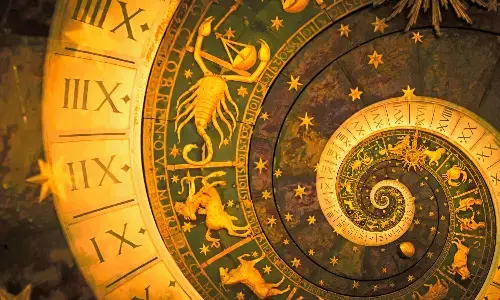Joint Session of Parliament

The long-pending Insurance Bill – that seeks to increase the Foreign Direct Investment cap in the sector to 49 per cent — was introduced in the Lok Sabha on March 3 despite Opposition objecting to its introduction on the ground that the Rajya Sabha had not allowed its withdrawal.
The long-pending Insurance Bill – that seeks to increase the Foreign Direct Investment cap in the sector to 49 per cent — was introduced in the Lok Sabha on March 3 despite Opposition objecting to its introduction on the ground that the Rajya Sabha had not allowed its withdrawal.
Some Constitutions give special power to a joint session, voting by majority of all Members of the Legislature regardless of which House/ chamber they belong to. For example, in Switzerland a joint session of the two houses elects the members of the Federal Council (cabinet). In India, disputes between Houses are resolved by a joint sitting but without an intervening election. In India, if a bill has been rejected by any house of the parliament and if more than six months have elapsed, the President may summon a joint session for purpose of passing the bill, says wikipedia.
The President can convene a joint session in case: A bill passed by one house is rejected by other; the amendments made by the other house are not acceptable to the house where the bill originated; and in case, a bill remains pending un-passed for more than 6 months, writes winentrance.com.
The joint session is presided over by the Speaker of Lok Sabha or in his absence by the Deputy Speaker, or in his absence by the Deputy Chairman of the Rajya Sabha or in his absence any other member of the Parliament who is agreed upon by the Houses.
If the Lok Sabha is dissolved before the President notifies a joint sitting, the Bill lapses and no joint sitting is possible. However, if the President has notified his intention to summon the Houses for joint sitting and then the Lok Sabha is dissolved, the joint sitting takes place notwithstanding the dissolution of the House.
The bill is passed by a simple majority of a joint sitting. Since the lower house (Lok Sabha) has more than twice the members of the upper house (Rajya Sabha), a group commanding a majority in the lower house of the Government of India can pass such a bill even if it was previously rejected by the upper house.
So far, only three bills - the Dowry Prohibition Act, 1961, the Banking Service Commission Repeal Bill, 1978, and the Prevention of Terrorism Act, 2002 - have been passed at joint sessions.
















